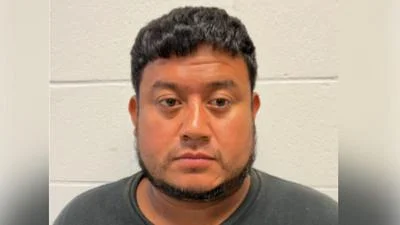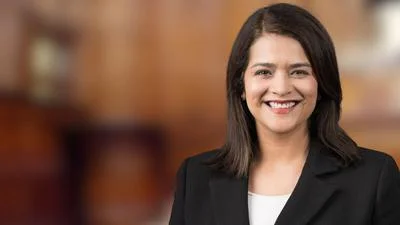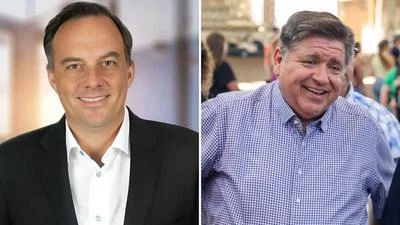John Catanzara | YouTube / FOP Chicago Lodge 7
John Catanzara | YouTube / FOP Chicago Lodge 7
An attorney representing the Chicago Fraternal Order of Police (FOP) said the organization plans to appeal to the Illinois Supreme Court after a three-judge appellate panel upheld a ruling requiring public access to arbitration hearings involving serious police misconduct.
“The FOP feels that arbitration for the police should work the same way it does for teachers, firemen and other public employees,” attorney Tim Grace said. “So, they plan to file a petition for leave to appeal, but the Supreme Court doesn’t have to accept the case.”
The panel’s ruling, issued in August 2025, affirms a March 2024 decision by Cook County Judge Michael Mullen, who ruled that while officers have a right to arbitration, hearings involving “egregious” misconduct must be open to the public. Arbitration for lesser infractions would remain private.

“The restriction of public access to arbitrations for serious police discipline is in direct contravention to the well-defined and dominant public policy of accountability and transparency of the government services in general and the Chicago Police Department specifically,” Mullen wrote in his ruling.
The Fraternal Order of Police has long argued that the Chicago Police Board, which traditionally handles police discipline, is biased against officers and that arbitration offers a fairer alternative. FOP President John Catanzara has publicly supported the shift to independent arbitration.
The Illinois Public Labor Relations Act guarantees public employees the right to arbitration. Independent arbitrator Edwin Benn inserted that right into the latest contract approved by the Chicago City Council in December 2023. However, arbitration provisions were subject to a separate vote, which was requested by Mayor Brandon Johnson. The City Council rejected those provisions twice.
Following the first rejection, Benn issued a written reprimand to the City Council.
“Those alderpersons who voted to reject the arbitration requirements of the Final Award which placed the statutory and constitutional right of arbitration for protests of disciplinary matters in excess of 365 days into the parties’ collective bargaining agreement therefore violated their oath of office to ‘... support ... the Constitution of the State of Illinois,’” Benn wrote in a Jan. 4, 2024 “Supplemental Final Opinion and Award.”
The law is silent on whether arbitration hearings must be public or private. Opening serious misconduct cases to the public was proposed as a compromise by Mayor Johnson, who opposed arbitration for police officers. A majority of the City Council shared his position, rejecting the arbitration proposal in both votes.
Grace said that, in practice, even private arbitration outcomes and records could be subject to disclosure under the Freedom of Information Act. He also questioned how the term “egregious” is being applied in disciplinary decisions.
“I’ve had cases where a police officer was up for living outside the city limits. That was considered egregious, the same as another case where an officer was involved in a fatal shooting,” Grace said.





 Alerts Sign-up
Alerts Sign-up